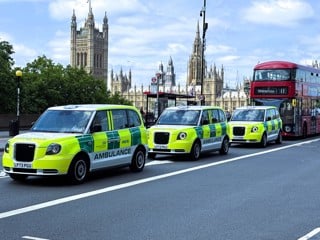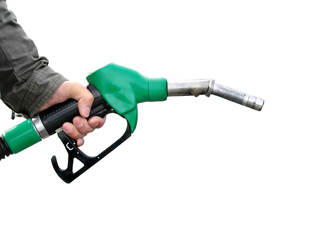The Department for Transport (DfT) has published new guidance on the Government’s commitment that all of the cars and vans it operates will be zero emission by 2027.
As well as outlining the scope and reporting requirements for the fleet commitment, it also includes a request to exempt vehicles.
Government fleets will need to apply to the Office for Zero Emission Vehicles (OZEV) for an exemption, explaining why they are unable to change vehicles by the deadline and when they think it will become feasible to phase out or replace the vehicles they want to exempt with zero emission alternatives.
Speaking to Fleet News recently, Defra’s director of group fleet services, Dale Eynon, talked about the challenge of converting its 3,000 cars and 2,000 vans, which primarily sit within the Environment Agency.
The biggest hurdle will be its 800 4x4s, including pick-ups, due to a lack of full electric options.
“We held some of our vans back from replacement so we could change them more quickly when electric models became available, and we are now having to do the same with our 4x4 fleet,” Eynon said.
“We could source some used ones to plug the gap until 2026 when we expect to see more electric options come to market – this is a cheaper option for the public purse.”
He added: “Treasury won’t give us any more money for our electric transition, so we have to manage it within our existing budgets.”
In 2021, the UK Government committed to fully convert its fleet of cars and vans to be zero emission by 2027.
The previous administration reported at the start of last year that it was on target for its central car fleet to be fully zero emission by 2027.

























Login to comment
Comments
No comments have been made yet.